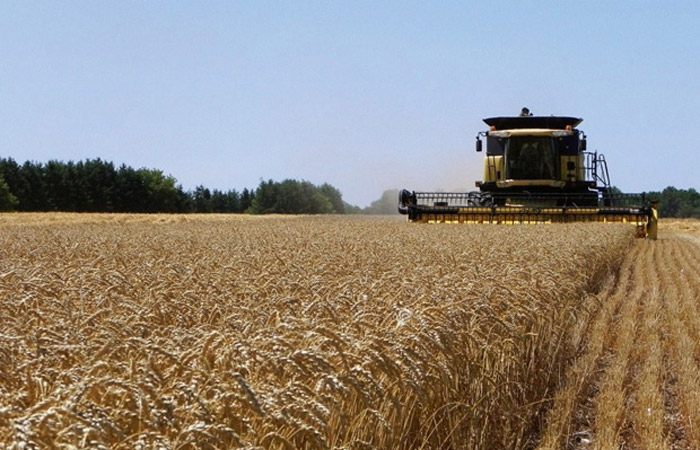Manitoba Agriculture reports amid drier conditions over the past week, the first crops of the season are now being harvested.
Anne Kirk, a cereal crop specialist with Manitoba Agriculture says the harvest has started in the winter cereal crops so limited acres of fall rye and winter wheat have been harvested, we’ve also had some harvesting of barley and reports of swathing of oats and canola.
Precipitation has been very variable over the past week. In all regions of the province, we had quite a few locations that had no or very small amounts of precipitation. Then in each region, for example, the eastern and northwest regions received the most amount of precipitation but just in limited locations, so about 22 to 28 millimetres of rain in the eastern and northwest but kind of variable throughout the region. We did have a fairly hot and dry week so we did see quite a lot of drying down of crops and then advancing crops through the warm season crops like corn and soybeans.
The soil moisture in the zero-to-30-centimeter depth does show optimal to dry soil moisture conditions at those depths so we are seeing drying soils because we have had, in most regions, fairly limited amounts of precipitation. Recently it has been fairly hot and that has dried out a lot of the surface moisture so we are seeing some drying down, especially in the southwest region where it has been drier, seeing some reports of drier field conditions and then also drier pastures that are starting to suffer.
It was a fairly quiet week in terms of crop damage. In the eastern region we did have some storms over the weekend so there were isolated thunderstorms and hail storms reported in parts of the region but the extent of crop damage is unknown at this time.
~ Anne Kirk, Manitoba Agriculture
Kirk says harvest is expected to progress further over the coming week with more harvesting of winter wheat, fall rye and barley and more swathing of oats, barley and canola but that will depend on weather. She notes some rain events are forecast and conditions are not expected to be quite as hot.




